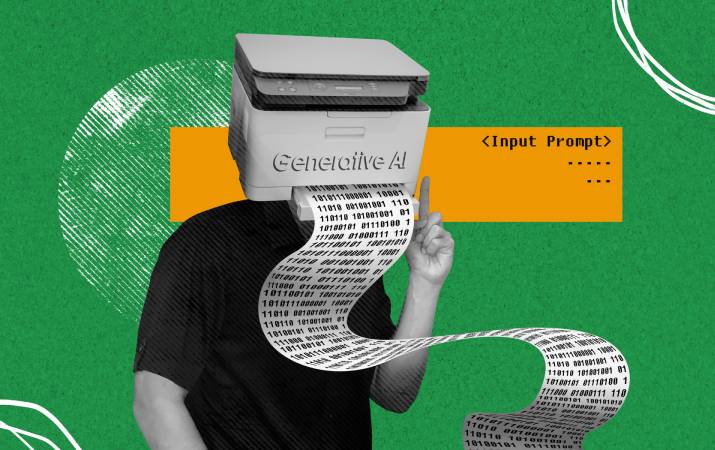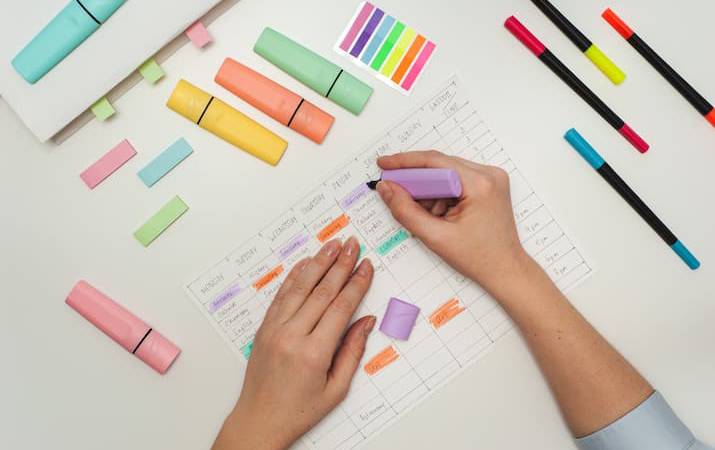6 library hacks for online students
Worried about accessing your university library while studying online? These simple hacks will help you make the most of what your library has to offer.

Whether you’re studying online or in person, making the most of your university library is crucial to your education.
Libraries are much more than just their physical spaces, and there are plenty of ways for online students to gain just as much from their university libraries as students who are on campus.
We’ve compiled some helpful hacks to get you started.
1. You can access all the same resources through your library online as you can in person
Your student ID means you can access library resources online through the university’s virtual interface. Most universities will have online tutorials to help you learn how to use their database searches and access different resources.
For example, Charles Sturt University has a dedicated library YouTube channel with lots of helpful tutorials and advice for students to access.
The best way to get started is to find the library page on your university’s website, and reach out through their help contacts.
2. You can take your library anywhere with you in your pocket!
Did you know there’s an app that can connect you to thousands of library resources, right from your phone? The Libby app allows you to find your library, sign in, and borrow eBooks and audiobooks, all via your device. All you need is a library card to get started.
3. You can get what you need sent to you
If you need a particular resource, many university libraries will be able to either transfer resources between libraries, or even scan book chapters and email them directly to you.
Some universities, such as the Australian Catholic University, will even mail books to your home (at your expense).
This differs between universities, so it’s a good idea to reach out to your library staff and find out how they can assist you to access what you need.
4. Don’t forget to visit your local library
Aside from finding the research sources you may need for your studies, you can also make use of your local library wherever you’re living. Libraries are hubs of the community, offering quiet and free spaces to work, often with access to free Wi-Fi and private workspaces.
If you find you concentrate better when out of your home environment, head to your local library!
5. You don’t need an eReader device to read eBooks
Don’t have a Kindle/Kobo? You don’t need one to access eBooks from your library online. As long as you have a web browser, you can access all eBooks—and apps like Libby will also let you read eBooks directly in their interface.
6. Virtual assistance is always available
Your university librarian has a wealth of knowledge, and is available to share this with you through one-on-one consultations, as well as virtual library tours, in the case of most universities.
Generally speaking, you should be able to book a time to chat with your library staff and run through how to access their services, and get answers to any of your questions.
If you’re about to start studying online (or you’re already a student but haven’t made full use of these resources yet), take a moment to connect with your university’s library, and find out how you can learn more about what they offer. This information will definitely come in handy as you move through your studies.
Get yourself set up for success
Book a study check-in to ask a student advisor questions about your course, study planning or university admin.



